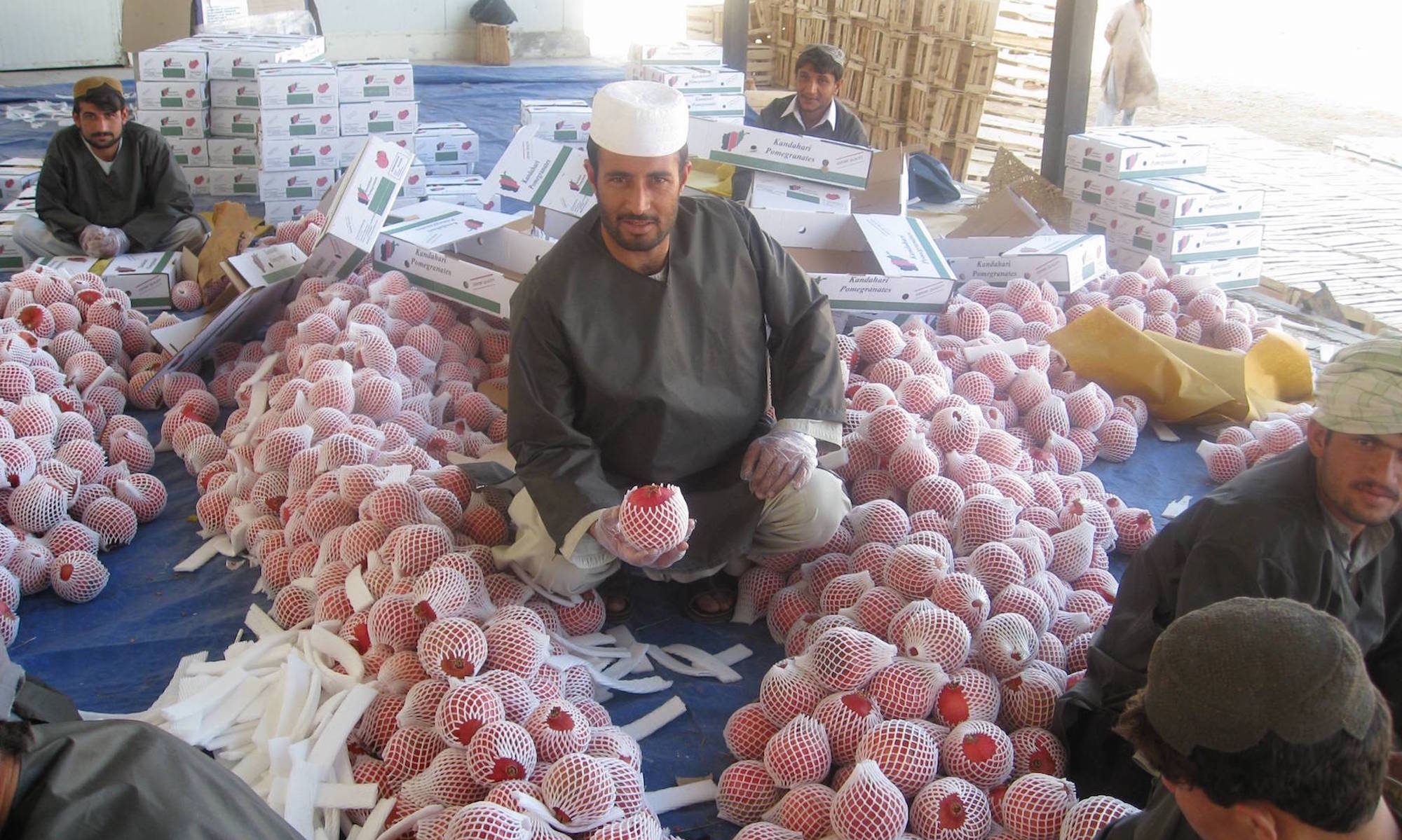Ending Wars and Building Peace: International Responses to War-Torn Societies
Scholars and practitioners of international relations have devoted increasing attention to how cease-fires, once achieved, may be translated into sustained peace. In recent years, the United Nations, the World Bank, and the United States and other governments have revamped their institutional architecture for addressing post-conflict reconstruction and peacebuilding. The creation in 2006 of a UN Peacebuilding Commission exemplifies these changes. The relationship between weak states and the durability of peace has acquired new emphasis in IR research. This article analyzes recent conceptual developments in post-conflict peacebuilding, relating them to new thinking about fragile states. It then analyzes the international architecture for addressing post-conflict peacebuilding, identifying gaps, and analyzing likely policy challenges in the near future. We argue that despite important analytic insights and institutional changes, serious challenges persist in efforts to prevent wars from recurring.
Building States to Build Peace
There is increasing consensus among scholars and policy analysts that successful peacebuilding can occur only in the context of capable state institutions. But how can legitimate and sustainable states best be established in the aftermath of civil wars? And what role should international actors play in supporting the vital process? Addressing these questions, this state-of-the-art volume explores the core challenges involved in institutionalizing postconflict states. The combination of thematic chapters and in-depth case studies covers the full range of the most vexing and diverse problems confronting domestic and international actors seeking to build states while building peace. Case studies include: Somalia, Palestine, Bosnia, East Timor / Timor-Leste, Afghanistan, Liberia
Constructing Justice and Security After War
This book addresses what both scholars and practitioners now recognize as a foundation of effective peace: effective, legitimate, and rights-respecting systems of justice and physical security. This volume provides nine case studies by distinguished contributors, including scholars, criminal justice practitioners, and former senior officials of international missions, most of whom have closely followed or been intimately involved in these processes. The wide-ranging case studies address whether and how societies emerging from armed conflict create systems of justice and security that ensure basic rights, apply the law effectively and impartially, and enjoy popular support. The studies examine the importance of social, economic, and cultural factors as well as institutional choices regarging the form, substance, and sequence of reforms. Cases include: El Salvador, Haiti, Guatemala, South Africa, Rwanda, Bosnia, Kosovo, East Timor / Timor Leste. Additional Topic: Gender.
